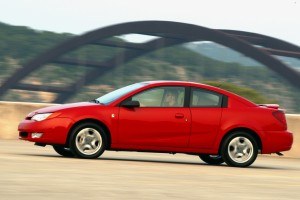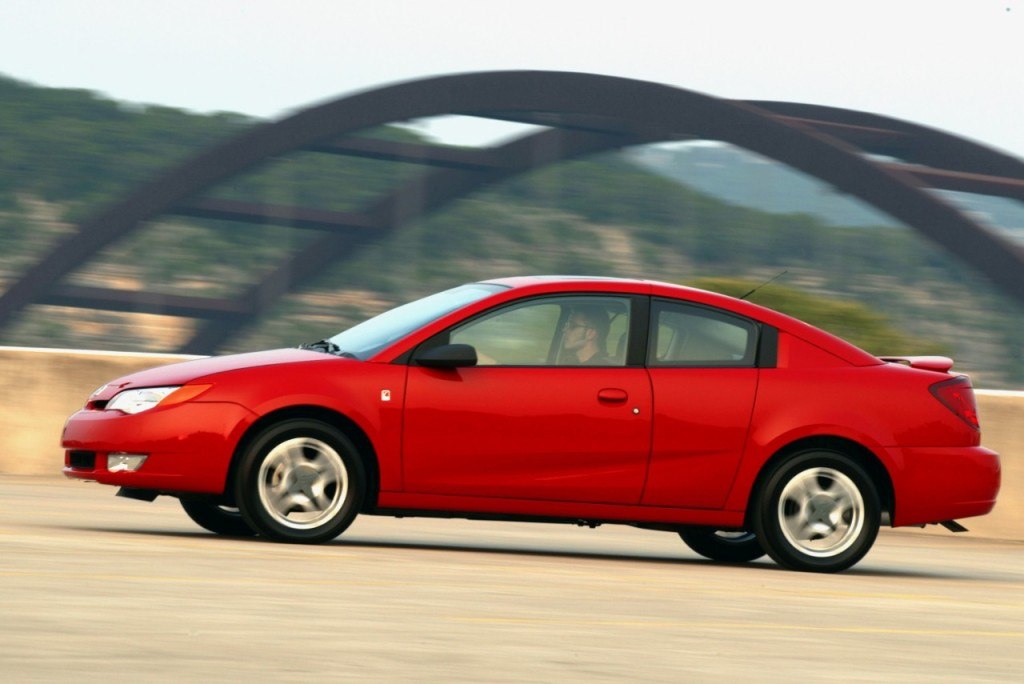A mediator for General Motors has begun negotiations about settling more than 300 claims related to a deadly ignition switch problem in some older model small cars.
Kenneth Feinberg confirmed in an interview with The Associated Press that he met for four hours Friday with Robert Hilliard, a Corpus Christi, Texas, lawyer who said he represents families of 53 people killed and 273 injured in crashes of defective GM vehicles. Feinberg would not comment specifically on what was discussed.
“I’m evaluating various compensation options for GM to consider,” said Feinberg, who said he plans to present the options to GM in the next few weeks. “I’m glad I met with him. It was an interesting meeting,” Feinberg said.
Feinberg said he listened to Hilliard and four colleagues explain the “quality and quantity” of their cases. Hilliard said no dollar figures were discussed, adding that he won’t settle at a discount to what his clients could get through court mediation.

GM has recalled 2.6 million small cars, mostly Chevrolet Cobalts and Saturn Ions, to replace the faulty switches, which can slip unexpectedly out of the “run” position and cause the engines to shut down. If that happens, power-assisted steering and brakes will fail, making cars difficult to control. Also, the air bags won’t inflate in a crash.
GM has admitted knowing about the problem for more than a decade, but it didn’t start recalling the cars until February. The company counts far fewer victims than Hilliard, saying 13 deaths and 31 crashes are linked to the switches.
GM announced Feinberg’s hiring at a congressional hearing last month. He is an expert in disaster fund management who handled the Sept. 11 Victim Compensation Fund as well as funds for victims of the Boston Marathon bombing and the BP oil spill.
At the hearing, GM CEO Mary Barra stopped short of saying the company would compensate victims.
“We will make the best decisions for our customers, recognizing that we have legal obligations and responsibilities as well as moral obligations,” she said.
There’s a lot at stake in the negotiations.
Hilliard claims that if all the cases go to trial and juries rule against GM, punitive damages could place the company in financial jeopardy. He cited a case earlier this month where a Louisiana federal court jury ordered Japanese drugmaker Takeda Pharmaceutical Co. and its U.S. counterpart, Eli Lilly and Co., to pay $9 billion in punitive damages over a diabetes medicine linked to cancer.
The $9 billion is likely to end up much smaller on appeal, said Carl Tobias, a law professor at the University of Richmond in Virginia.
“It’s a fair comparison, but I don’t think if we got to punitive damages it would be that substantial,” Tobias said.
But he said the potential remains for large verdicts against GM, depending on how far the company went to conceal its problems.
In October, an Oklahoma City jury awarded $3 million in an unintended acceleration lawsuit that killed a woman and injured another. Toyota settled the case before the jury decided punitive damages.
GM, which had $27 billion in cash at the end of March, would not comment on the size of potential verdicts or the meeting.
According to Hilliard, GM will not try to use its 2009 bankruptcy as a shield from ignition switch claims. A bankruptcy judge ruled then that claims prior to GM leaving court protection will go against GM’s predecessor company, which has few assets.
Feinberg wouldn’t comment on that.
“That’s GM’s call, not mine,” he said.
Hilliard said Feinberg has to place a value on the deaths and figure out lost income for each person. Some of those injured have permanent disabilities and need care for life, he said.
“There are knowable objective numbers, plus the subjective numbers caused by the tragedy of the human loss,” he said.
Was this article valuable?
Here are more articles you may enjoy.


 Founder of Auto Parts Maker Charged With Fraud That Wiped Out Billions
Founder of Auto Parts Maker Charged With Fraud That Wiped Out Billions  FM Using AI to Elevate Claims to Deliver More Than Just Cost Savings
FM Using AI to Elevate Claims to Deliver More Than Just Cost Savings  These Five Technologies Increase The Risk of Cyber Claims
These Five Technologies Increase The Risk of Cyber Claims  Tesla Sued Over Crash That Trapped, Killed Massachusetts Driver
Tesla Sued Over Crash That Trapped, Killed Massachusetts Driver 